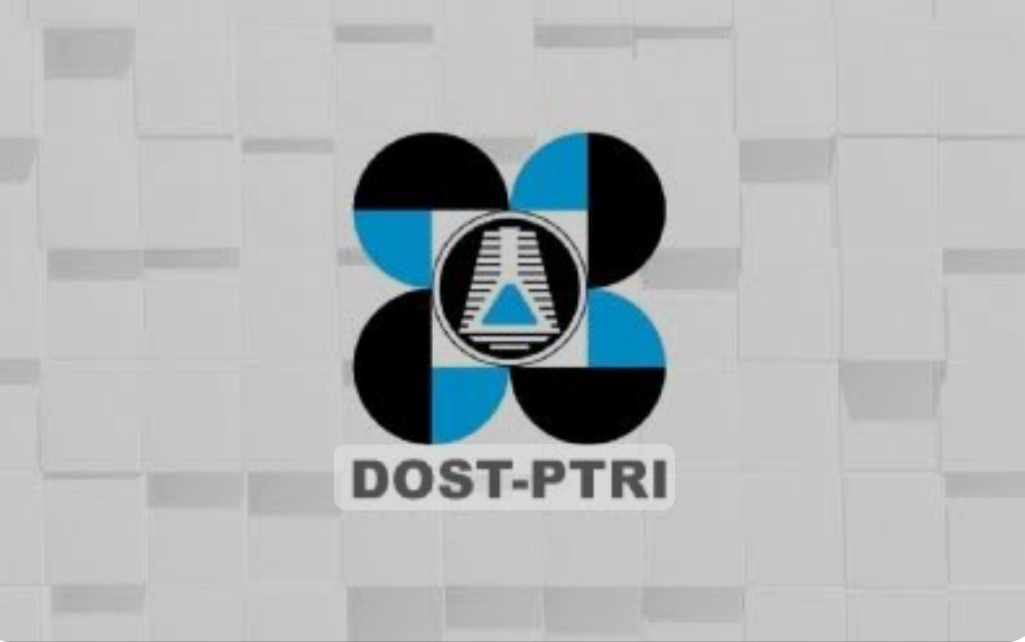
By Perfecto T. Raymundo, Jr.
PASAY CITY – With the theme: “Telecon Spinning Innovations”, the 2024 National Textile Convention culminated the month-long Philippine Tropical Fabrics Month through the auspices of the Department of Science and Technology-Philippine Textile Research Institute (DOST-PTRI) at the Philippine International Convention Center (PICC) on Tuesday (Jan. 30).
DOST Secretary Renado U. Solidum, in his video message, said that the PTRI was mandated by Proclamation No. 313 known as the “Philippine Tropical Fabrics Month”.
The DOST-PTRI leads the annual celebration of the “Philippine Tropical Fabrics Month”. It is an institutionalized event under Proclamation No. 313 issued in 2012, which declared January every year as “Philippine Tropical Fabrics Month”.
Solidum noted that fabrics was then sourced from small local native sources for textiles.
“We must therefore use the power of creativity and transformation,” he said.
“In the Philippine textile industry, our challenge in the government is to be aligned with inclusivity and competitiveness,” Solidum added.
Aside from Telecon and the National Convention, Solidum cited Republic Act No. 9242, otherwise known as the “The Philippine Tropical Fabrics Law”.
He noted about the regional innovation centers, natural die centers, the DOST is even more championing the textile industry.
“We will also launch the Textile Industry to be included in the 2023-2028 harmonized fabrics industry,” Solidum said.
“In spinning, we transform and we take a new form. Senate Bill No. 731 filed by Sen. Nancy Binay provides that the Philippine Textile Industry must rise to the Textile Development Plan and the power of digitalization by becoming intertwined and has the power to dream and to do,” he added.
“It aligns us with the ‘Bagong Pilipinas’ where Science and Innovations assure us that no one is left behind,” Solidum said.
PTRI Director Julius L. Leano, Jr., noted that “today is gathering of a family in the textile industry. Textiles encompass wearables.”
“Wearables now moving in food packaging, in automotives and others which impact in humans and others,” Leano said.
“Where does the innovation lie in all these conversations,” he added.
Leano noted that textiles could be seen as goods, cultural materials, among others.
From the Philippine Development Plan, or the eight-point economic agenda of President Ferdinand “Bongbong” R. Marcos, Jr, it is evident that the Textile Industry is included.
Climate-tagging project has been identified in the General Appropriations Act of 2024, which provides for the Php5.768-trillion budget for the National Expenditures Program for the year 2024.
The DOST was asked not only to do research and development, but also the National Harmonized Research and Development Agenda (2017-2022).
The United Nations Development Goals (UNDG) provides for the guidelines on programs and projects.
Republic Act 11534, otherwise known as “An Act Reforming the Corporate Income Tax and Incentives System (CREATE) Law” provides for the corporate and tax incentives.
“As one of the seven research and development arms of the DOST, we are mandated to conduct a textile innovation formula or plan,” Leano said.
He noted that fibers, yarn and vowens are the “backbone” of the textile industry.
FRONTIER Fostering the Revitalization and Nascent Textile Innovation Ecosystems in the Regions, “We are not just here to enable but to lead. It’s not only the one Textile Industry but Philippine Textile Research Institute,” Leano said.
“With the Natural Textiles, the Bamboo Textiles.PH, the yarn need not be brought to Manila, but the regional yarn centers will process them,” he added.
The DOST is now looking for different Regional Women Innovation Centers (RWICs).
The Regional Natural Textiles Innovations Centers will be launched in the provinces of Catanduanes, Leyte and Negros Occidental.
“Frontier for revitalization and innovation ecosystems leading the way to a more innovative and inclusive growth in the regions,” Leano said.
Senator Loren Legarda, the author of the Philippine Tropical Fabrics Law, in a message read for her by DOST Undersecretary Lea Buendia, said that the national convention is rooted on Republic Act No. 9242, otherwise known as “The Philippine Tropical Fabrics Law”.
Legarda urged the fellow government agencies to follow the lead and implement RA 9242.
“Aside from championing the enactment of the Tropical Fabrics Law, we also supported the establishment of the ‘Hibla ng Lahing Pilipino,” she said.
The Senate Majority Floor Leader Pro-Tempore also supported the cocoon and silk industry, aside from supporting the textile industry.



